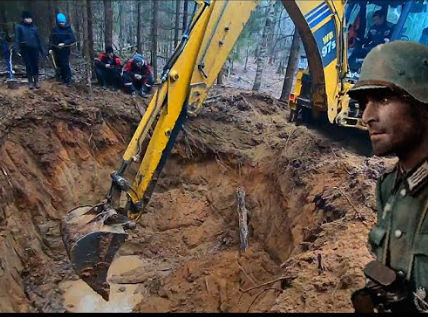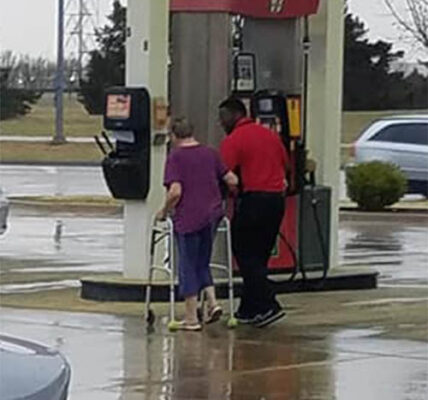
Today, I received a call from my oldest son, Joseph, who’s away at college. His voice, though distant, still carried that familiar tone of concern. “Mom,” he said, “my friend and his mother are both sick, can you drop some food off to them?”
For a moment, I just stood there, my heart swelling with both pride and surprise. This was the same boy who, as a child, needed a special wiggle cushion just to sit still in school. The same boy whose handwriting was so difficult to read, it often looked like it belonged to someone else entirely. He was the child who lost every pencil we bought him, and I’m sure at least half of those pencils were left scattered somewhere around the house, only to be found months later under a pile of papers or tucked in the back of his drawer. I vividly remember the day he ran away from home in fourth grade, only to come back an hour later, embarrassed and tired from his adventure. There were so many times in his teenage years when we weren’t sure he was going to graduate high school, and I had moments where I wondered if we’d make it through the tough years together.
But here he was, asking me to take food to someone else in need. And that’s when it hit me—raising children is like growing wildflowers.
Children, like flowers, each have their own unique way of growing. Some of them bloom early, soaking in the warmth and sunlight, standing tall and proud. Others, like Joseph, take a little longer. Some need more water, more patience, more tending. Some need a little extra fertilizer, while others require a specific kind of soil to thrive. The wild child, the wiggly-worm, the rebellious teenager—they are like the flowers that may not bloom in the way we expect, but with time, they will. They all find their way to the sun in their own time, and some, like Joseph, find themselves unexpectedly bending toward the warmth of others, offering kindness and help to those in need.
When he asked me to help his sick friend, I realized how much he had grown. This wasn’t the same boy who had struggled in school or resisted authority. This was a young man who had developed compassion, empathy, and a sense of responsibility. Even though he was far from home, he was still thinking about others—just like I had always hoped he would.
In many ways, raising children is a process of trial and error. You don’t always know if your actions are going to yield the right results. You don’t always know if you’re nurturing them the way they need, if you’re giving them the right amount of space or the right kind of attention. But like wildflowers, some children take their time to bloom. They may not grow in the way you expect, or in the timeline you had hoped, but eventually, they will reach their full potential. And when they do, it’s beautiful. The bloom might be different from what you imagined, but it’s their own, unique beauty.
Joseph’s growth as a person didn’t happen overnight. It wasn’t always smooth sailing. But when I look at him now, at the young man who’s learning to take care of others, who’s growing into his responsibilities, it’s clear to me that all the hard years, the tough moments, the struggles were worth it. The wildflower that seemed so unruly at times has bloomed into something beautiful and strong, with the ability to give, to help, and to show kindness.
So, if you have the wiggly-worm, the wild child, or the rebellious teenager, hang in there. Don’t give up. Don’t lose hope. Raising children takes time, and just like flowers, they need different things at different stages. Some need more attention, some need more freedom, and some need more love. But all of them will bloom eventually.
And when they do, they’ll surprise you. They’ll blossom in their own unique way, and that bloom will be even more beautiful because it was hard-earned. The wiggly, rebellious, seemingly difficult child can one day be the kind-hearted, compassionate adult who takes time out of their busy life to help others in need, just like Joseph did today.
In the end, it’s not about how quickly they grow or whether they follow the path you’ve set for them. It’s about watching them become the person they’re meant to be—seeing them reach for the sun, offering their warmth and light to the world. And just like the wildflowers, they’ll do it in their own way, at their own time. But when they bloom, it’s always worth the wait.



